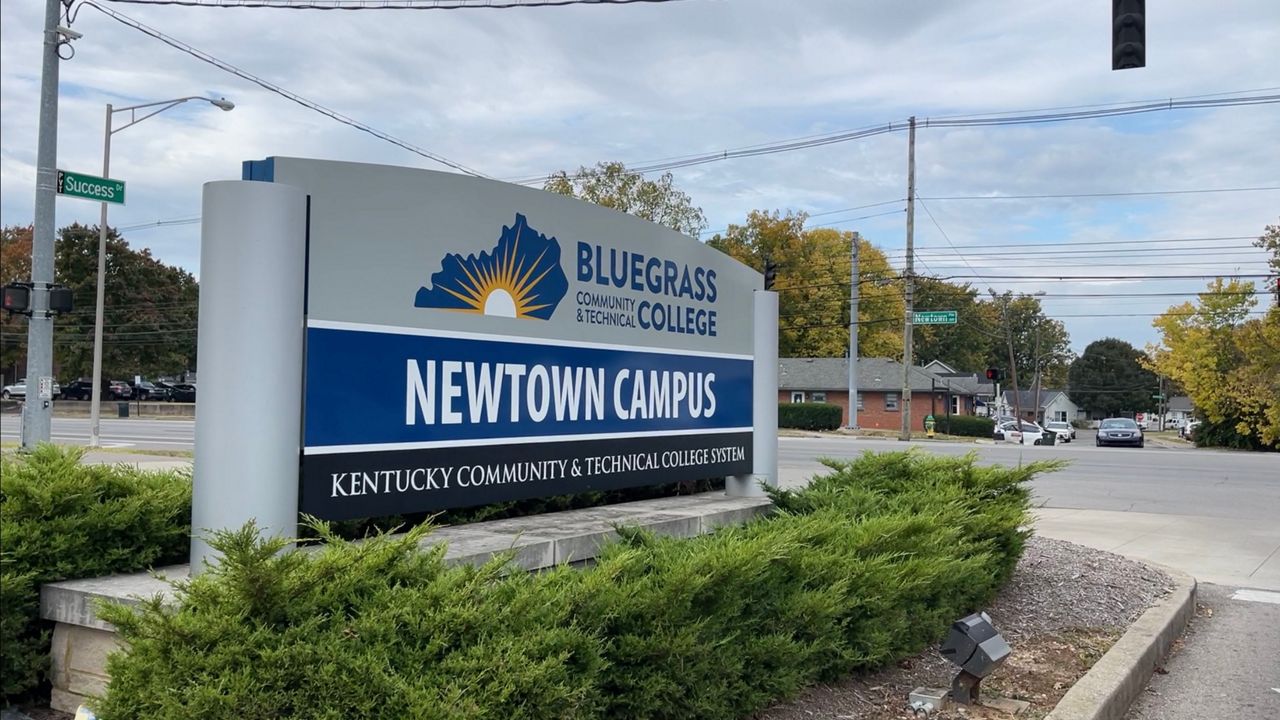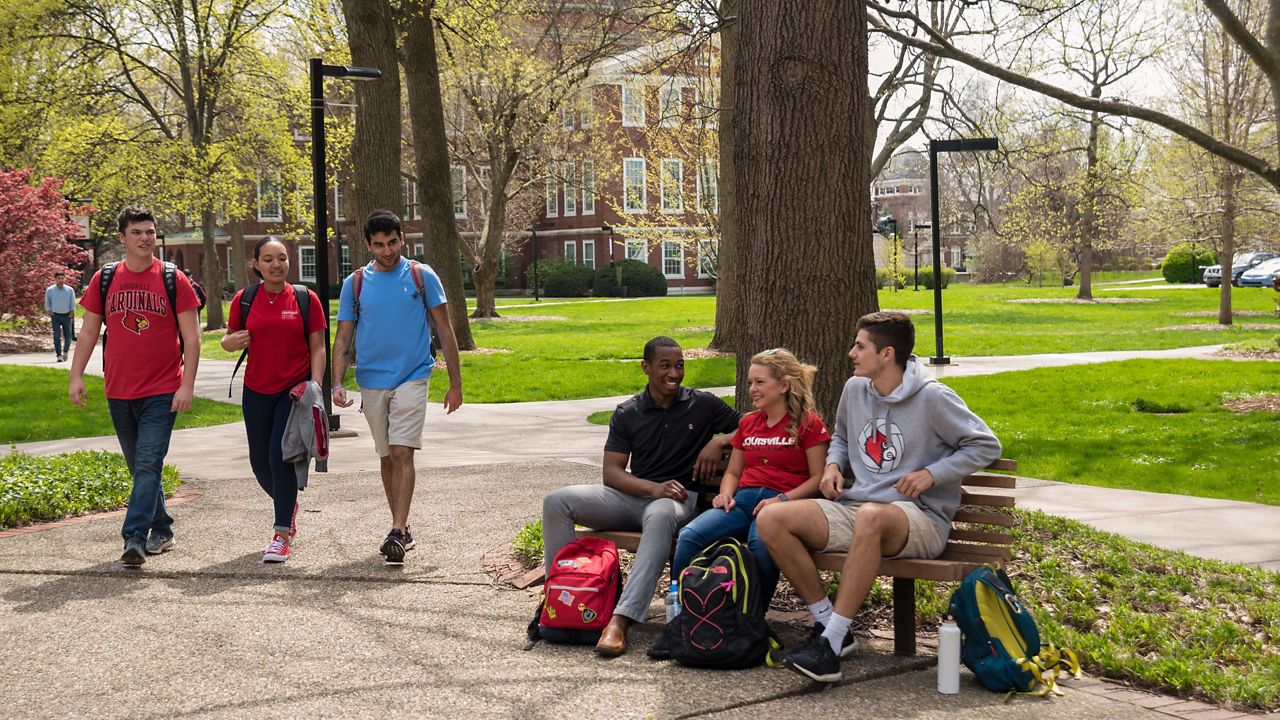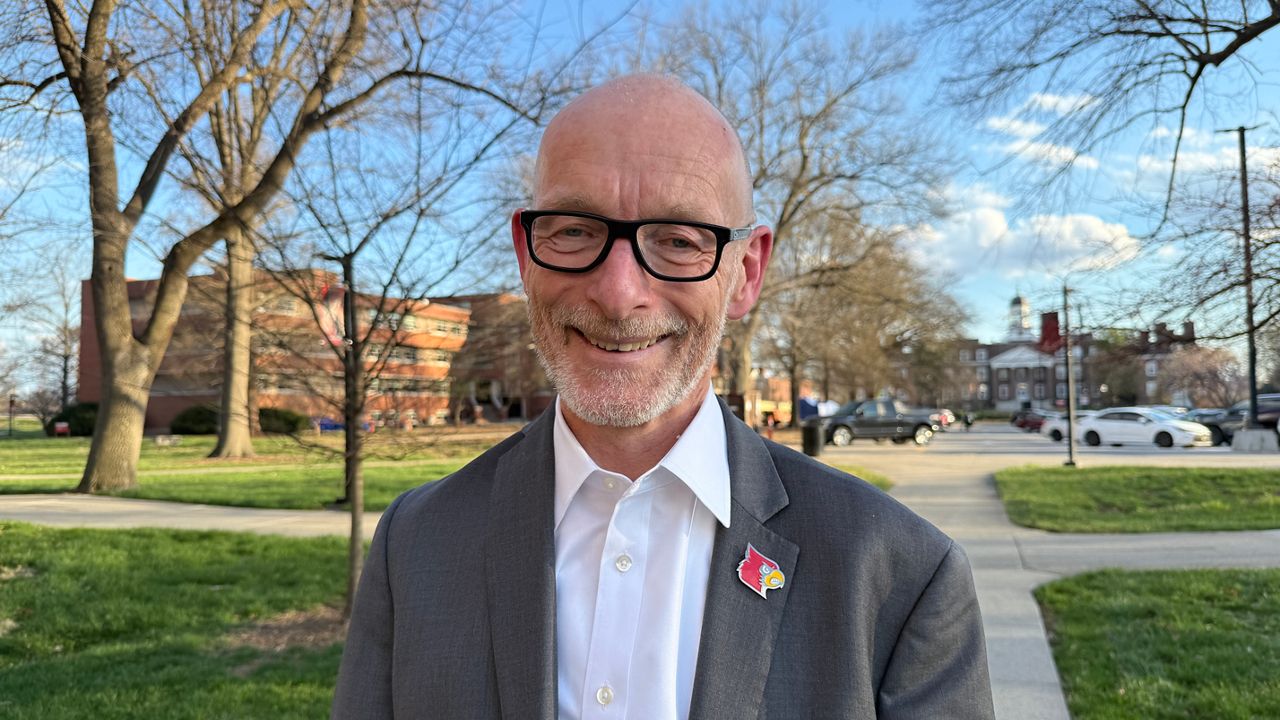LOUISVILLE, Ky. – Jefferson County Public Schools will begin the school year Aug. 25 with at least six weeks of non-traditional instruction (NTI), but the weeks and months that follow remain largely uncertain as the ever-changing pandemic keeps educators in a tailspin.
What You Need To Know
- JCPS Superintendent Marty Pollio discusses upcoming school year
- Second round of NTI will be improved, Pollio says
- JCPS also plans to bridge digital gap by providing Chromebooks, WiFi hot sports to students in need
- Last spring, JCPS didn't have contact with or participation from 568 students
JCPS Superintendent Dr. Marty Pollio decided to begin the school year with NTI out of concern for the health and safety of students and staff. Before COVID-19 cases started rising again, the JCPS Pandemic Response Team Committee had originally hoped to offer families an in-person option to start the school year. The late summer surge in cases, paired with concerns raised by parents, students and staff in surveys and town halls, prompted district leaders to reverse course.
“There was clearly a lot of concern about the numbers of staff and students that we have in a high-risk category,” Pollio recalled. “It became clear that we had to make a decision on our number one guiding principle — safety and health.”
Pollio, who has faced challenges ranging from state takeovers to teacher sick-outs since first becoming acting superintendent three years ago, said opting for distance learning was something he felt like he had to do until educators knew more about the virus and saw case counts dropping.
"Our goal is to get kids back as quickly as possible and we’re hoping, at the end of six weeks, we can do that and get our kids back in school,” Pollio said.
Pollio says this round of NTI will be different from the hurried approach students and families faced in the spring; he’s calling it NTI 2.0.
"In the spring, when we went into NTI, we had to do it on the drop of a hat. We had two weeks to make a plan. We had never done this model before, and we were proud of the work we did, but we do want to say we have to make a lot of improvements, too,” Pollio explained.
Among the improvements, the district hopes to further bridge the digital gap by making sure every child who needs a Chromebook or WiFi hotspot has one. They’ll also be raising expectations around student output and having more daily interaction between teachers and students.
Pollio says JCPS maintained 90 percent participation during spring NTI, something he calls a “monumental success” compared to other large districts that saw participation rates as low as 50 to 70 percent. The model, however, failed to reach all students. Of the district’s 98,000 students, JCPS did not have contact or participation with 568 students in the spring. While Pollio calls that a relatively low number, he says it's still too many kids going without instruction or services.
Moving into the 2020-2021 school year, Pollio says getting every child access to a device and internet will be critical to ensuring those 568 students don’t fall through the cracks again.
Adding to the challenge, many JCPS students face food and housing insecurity. More than 6,000 students are homeless, a number that makes up more than six percent of the student body. Additionally, more than 67,000 of the district’s 98,000 students, around 70 percent, are on free and reduced lunch. The district's schools provide essential resources these students and their families so desperately need.
"We know that, for many of our kids, school is the best place where they have the safest environment. They have relationships with teachers and support personnel, educators throughout our community, so there is no doubt that being in school is what we need but in a safe manner,” said Pollio. "And for me, you know, when I had to look myself in the mirror at the end and make a decision, you know, I had to decide — is faculty and staff and students getting sick and possibly having a death [worth the risk of returning to class]? That’s a tough decision to make as a superintendent, but at the same time we have to provide these services.”
When school begins later this month, some employees will be repurposed to call and check-in with families daily. Parents and caretakers are encouraged to reach out to their child’s school for help or to get connected to resources. They can also call the district’s helpline, 313-HELP(4357).
Meanwhile, Pollio believes the pandemic will have a lasting effect on education and is calling on state and federal lawmakers to recognize education as a national emergency.
“Without a doubt, it’s the discussion that all superintendents are having. The impact on the achievement gap, impact on achievement — it’s something that’s going to be there for years to come,” explained Pollio, who believes education never completely recovered from the 2008 financial crisis. "I still think we underestimated the impact of the 2008 recession on education over the past decade. That had a major impact on student achievement. The amount of homeless students increased because of the recession of 2008, so if we look at what this impact will have — I think, obviously, it will be much more substantial."
When students finally head back to class, Pollio says educators and state and federal lawmakers will have to be very intentional about measuring students. They’ll have to monitor where they are and have a longterm plan to get them back on track — something he believes will take multiple years and additional funding.
Until then, JCPS and other Kentucky school districts are weathering the storm. They’re taking the pandemic day-by-day and guiding students and families on the uncertain path forward.
"The JCPS families stepped up to meet the needs of our students in the spring. I was very proud of that and I know we’re going to do that, and do that even better, in the fall,” Pollio said. "I’m excited to see the work they do."










